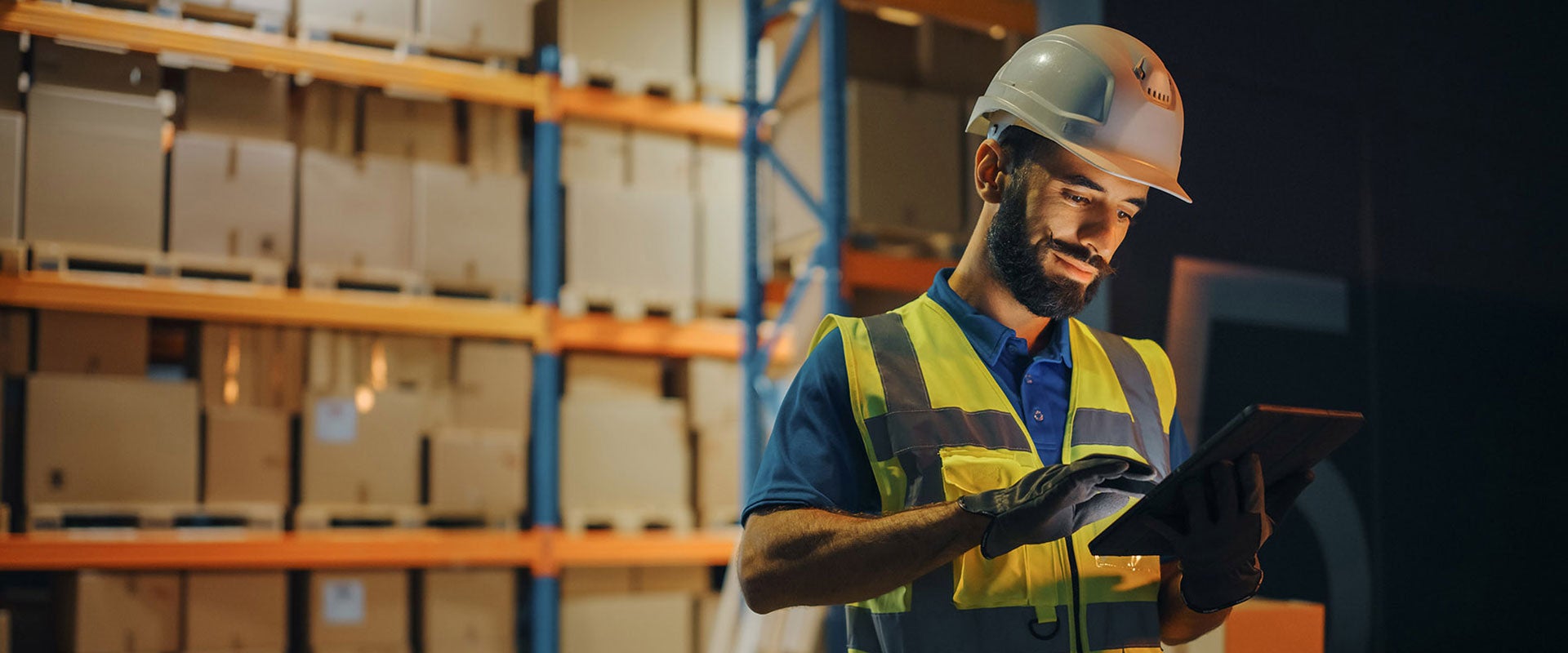
Two key challenges for the year ahead
Companies in the transport and logistics sector face two key challenges now and in the year ahead. The first challenge concerns what will happen during a recession and cost of living crisis when people have less disposable income. We had a shock during Covid-19 — people had money and wanted to travel, but they couldn’t. Now people have less money and want to travel but can’t afford to. Managing these realities is key for businesses in the transport sector. We are helping clients understand what to expect, what lessons can be learnt from the past and what the new opportunities are.
The second challenge for transport and logistics businesses focuses on the impact of the recession on the energy transition. Arguably, electricity has increased in price more than petrol has. We saw a big switch to electric vehicles with a post-Covid-19 spike, but this is dampening and will continue to do so as fears about lack of money take precedence over fears for the environment.
Only a small number of consumers are willing to spend more money on more sustainable choices. Investors, however, are ahead of them; as for corporates, being sustainable is now essential from an investment, regulation, brand and reputation perspective.
In the aviation sector, during a recession, customers typically downgrade their journeys and reduce business travel. As the cost-of-living crisis takes hold and household spending is hit hard, foreign holidays are typically one of the first non-essential areas of spending to be reduced.
Commuter travel on public transport is classically resilient to recessions, and high fuel prices will drive more people to train and bus travel. But post-pandemic commuter numbers have not returned to their pre-Covid-19 levels as workers continue to work from home for at least part of their working week.
The transport industry has struggled with labour shortages, and that challenge persists. The rail sector experiences labour relations issues as it attempts to move towards digital transformation. Aviation is also struggling since so many people left the industry during Covid-19, and a lack of staff is contributing to the high cost of flying. The labour shortage is driving digitisation and automation — examples include the closure of train ticket offices and improvements to the flow of air passengers via automated border controls. Ride hailing is no longer disruptive — it is now an everyday part of the transport mix — and autonomous vehicles are still some ways away.
“With electricity price rises outstripping increases in the cost of petrol on the forecourt, the recession has the power to hit the energy transition hard.”
— Becrom Basu, Partner, London
How we are helping
Using our understanding of previous recessions and crises, we can see the lessons to be learnt and are able to model trends of the future. Our mobility survey is in its seventh year, and we have systematically tracked electric vehicle uptake, public transport usage and other trends over this time. This gives our clients valuable insights and data in their task of adapting to suit changing times.
We help clients build the correct business models for today’s climate. And we help them to look ahead to understand what issues they should address right now to better position themselves in the future.
Recession is here but recovery will come. We are helping clients build resilience against the impact of a possible recession and plan for long-term growth.
Why L.E.K.?
We are focused on helping clients to learn from the past and adapt to suit the future.
There are promising opportunities — particularly through digital transformation — and staying confident about recovery while possessing a strong plan is essential. The right strategy will fuel a swift recovery and win market share — speed is of the essence.
03132023100324


